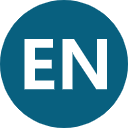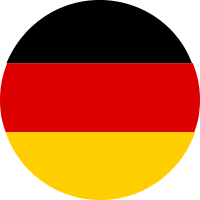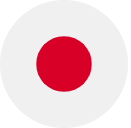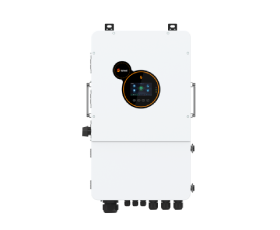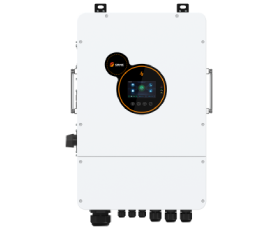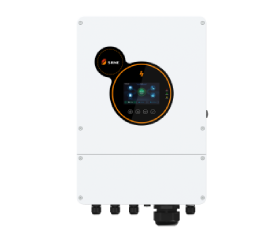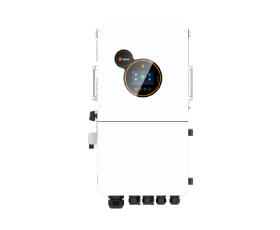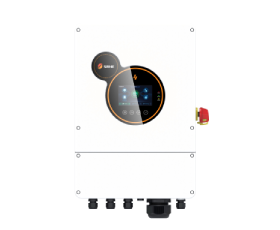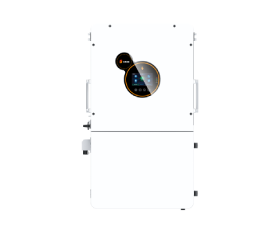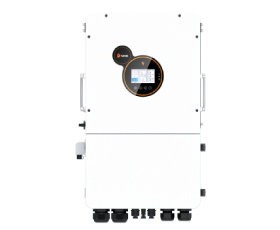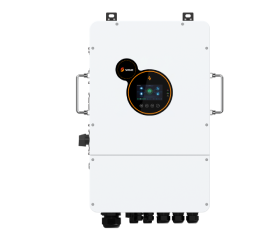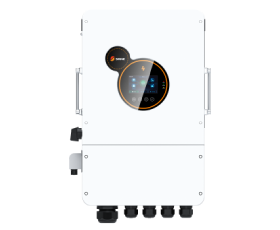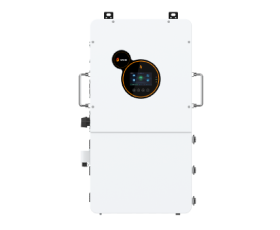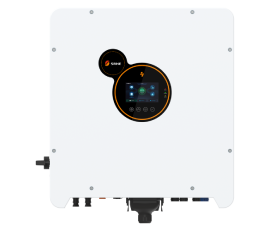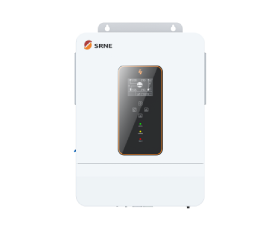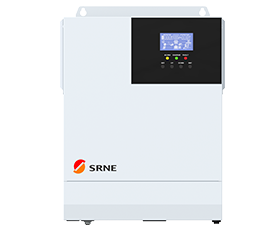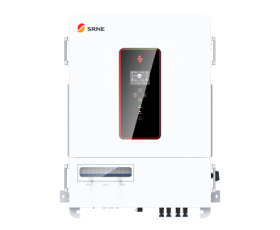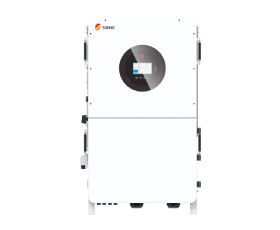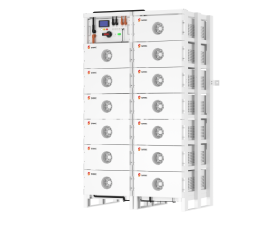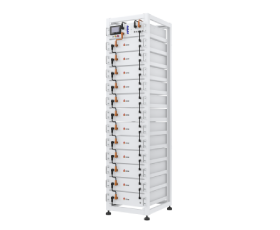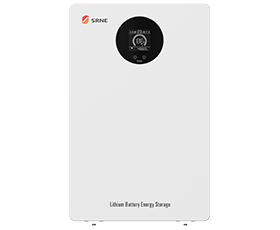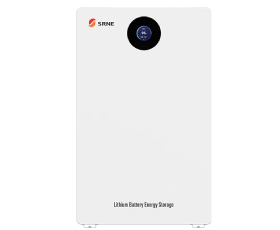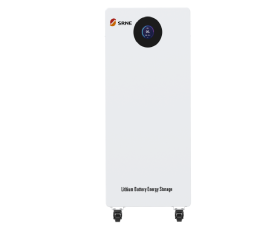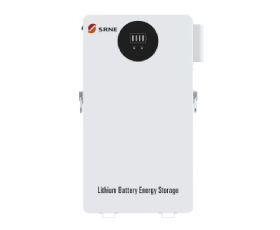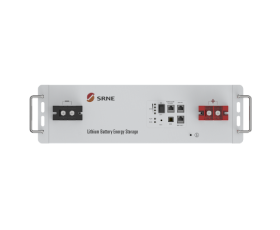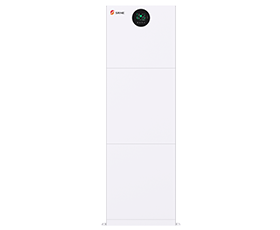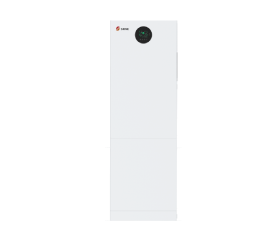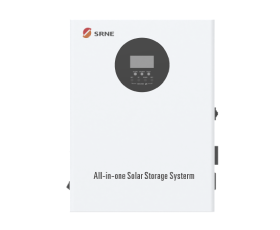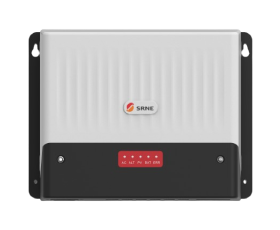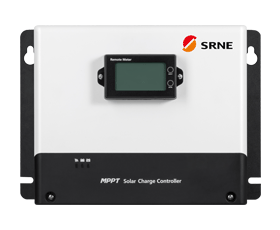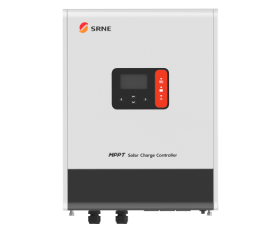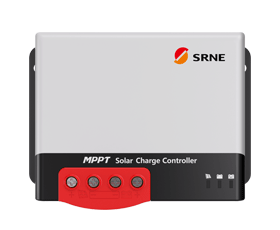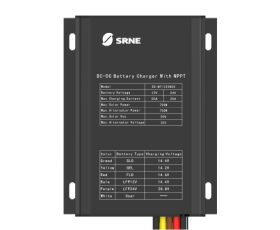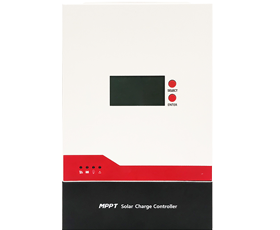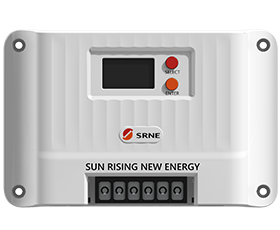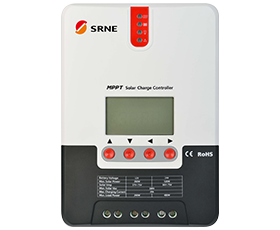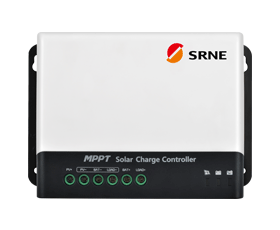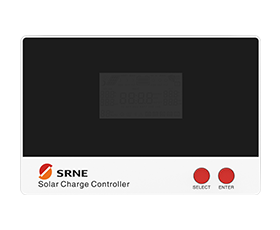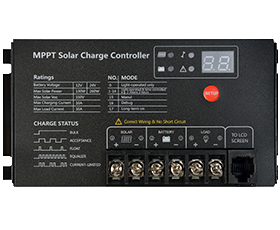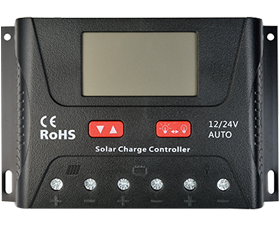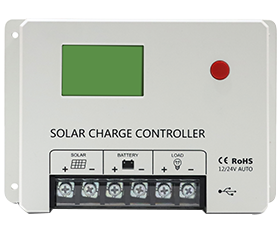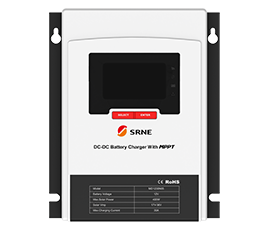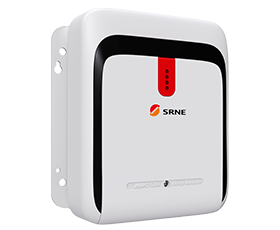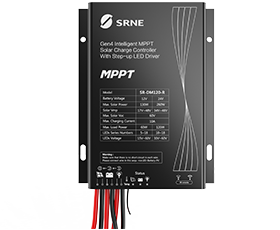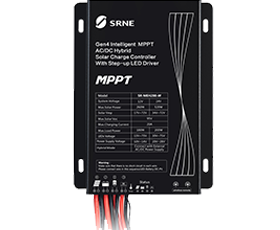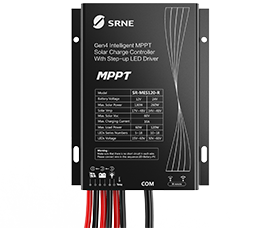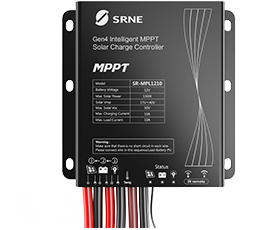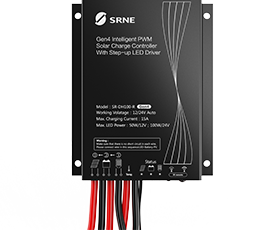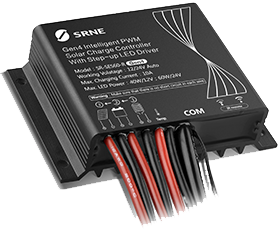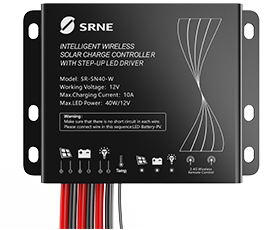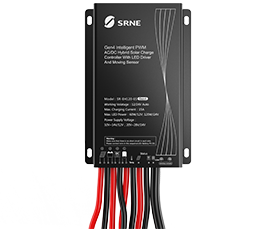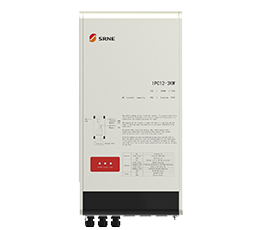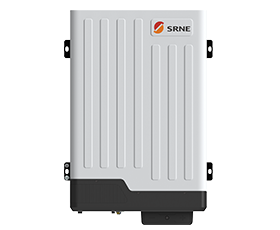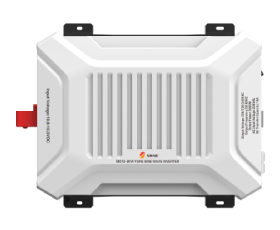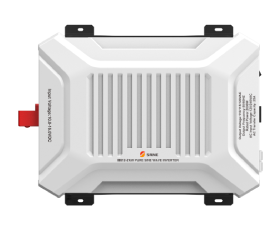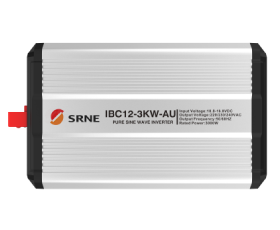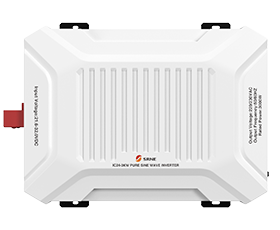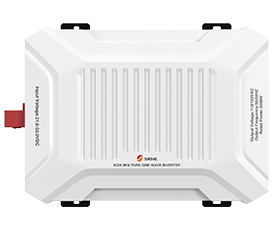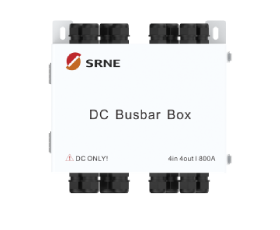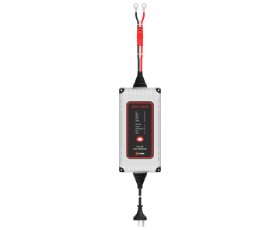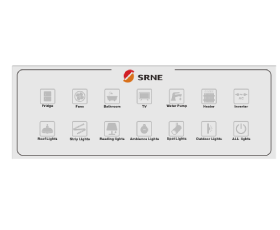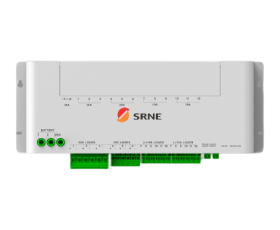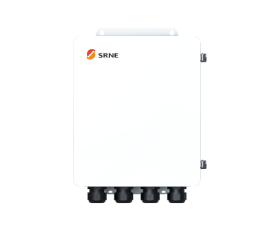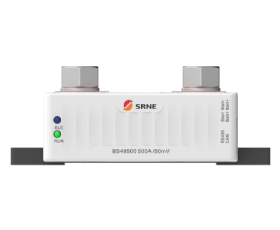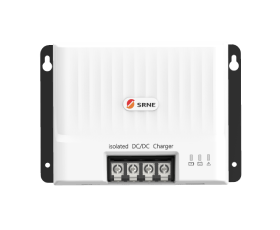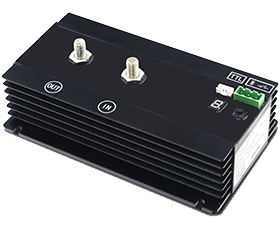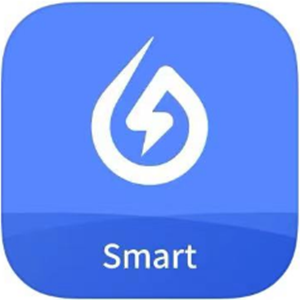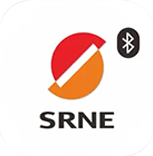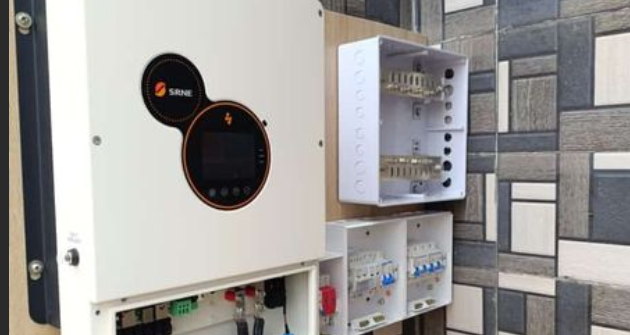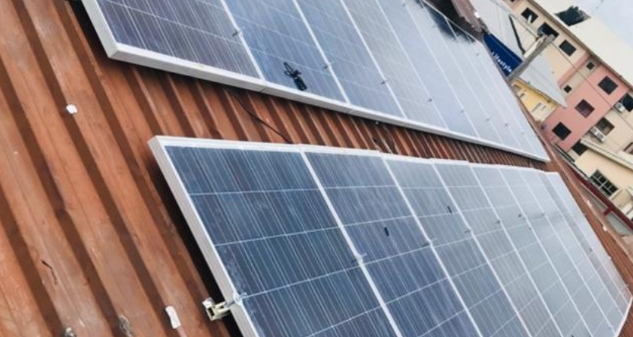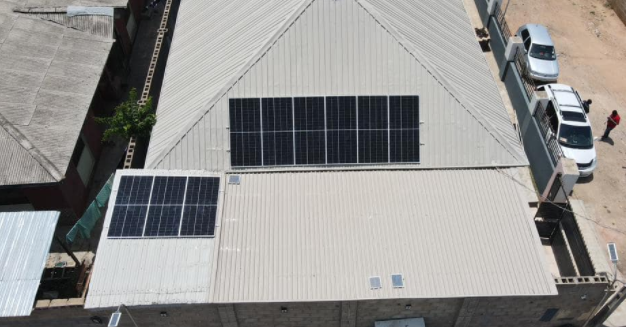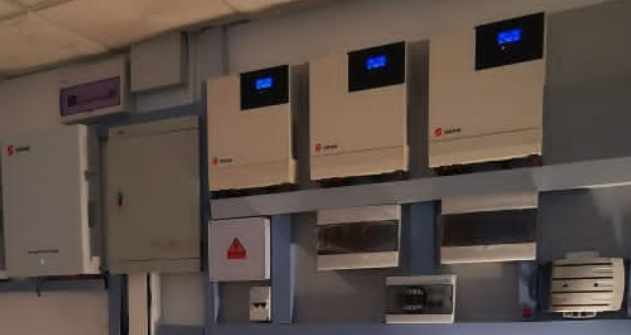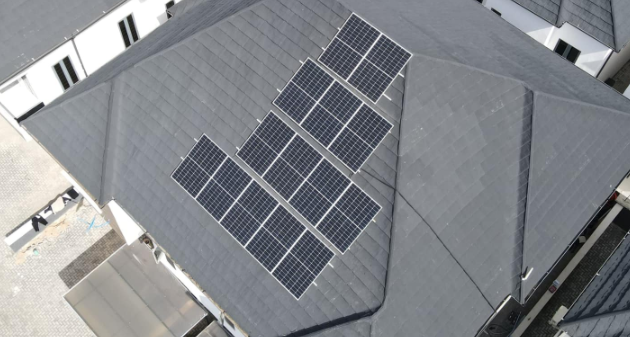The Complete Guide to Solar Inverters in Nigeria in 2025
In Nigeria, where electricity supply can be unpredictable and power outages are common, investing in a reliable solar inverter has become more important than ever. A solar inverter is the heart of any solar energy system, converting the electricity generated by solar panels into a usable form for homes and businesses. Beyond simply changing DC to AC, modern solar inverters also optimize energy usage, manage batteries, and provide real-time monitoring to ensure efficiency and reliability.
With the rapid growth of solar adoption across the country, understanding how solar inverters work, the types available, and what features matter most is essential for making an informed choice. This article is designed to guide Nigerian homeowners and businesses through everything they need to know about solar inverters, from their key functions and types to the features to prioritize and market considerations, helping you make a confident and informed decision for your solar energy investment.
What is a Solar Inverter?
A solar inverter is the key component of any solar energy system, responsible for managing and optimizing the electricity produced by solar panels. While solar panels generate direct current (DC) electricity, most homes, businesses, and the electricity grid operate on alternating current (AC). Without an inverter, the energy from your solar panels cannot be used safely by household appliances or integrated into the grid.
Think of the solar inverter as a “translator and stabilizer”: it not only converts DC to AC but also ensures the power delivered is consistent, reliable, and safe for all your devices.
Modern solar and power inverters often come with smart functionalities, including system monitoring, fault detection, and connectivity to smartphones or cloud-based platforms. These features are particularly useful in places like Nigeria, where grid fluctuations, intermittent power, and local climate conditions can affect electricity reliability.
How Solar and Power Inverters Work
Solar and power inverters do much more than simply convert DC electricity from solar panels into AC. They are essential for ensuring your solar system operates efficiently, safely, and reliably, adapting to varying sunlight conditions and grid behavior.
DC to AC Conversion
Solar panels generate direct current (DC) electricity, but homes, businesses, and the grid require alternating current (AC). Solar Inverters achieve this conversion using high-speed electronic switches, such as IGBTs or MOSFETs, to produce an AC waveform. This waveform is then refined through filters to deliver stable, near-sinusoidal AC power, suitable for sensitive appliances like computers, refrigerators, and medical devices. This process ensures that your solar electricity is fully compatible with your home or business equipment.
Maximum Power Point Tracking (MPPT)
The output of solar panels fluctuates with sunlight intensity, temperature, shading, and panel orientation. MPPT technology continuously monitors these variables and adjusts the inverter’s voltage and current to maintain the maximum power point. This optimization ensures that your solar panels produce the most energy possible under all conditions. Even during cloudy days or partial shading, MPPT allows the system to capture energy efficiently, maximizing overall performance.
Grid Synchronization (for Grid-Tied Inverters)
For systems connected to the utility grid, the solar and power inverter must synchronize voltage, frequency, and phase with the local network. Proper synchronization prevents backfeeding, allows safe net metering, and ensures any excess electricity can be exported to the grid. Advanced grid-tied inverters can also detect grid interruptions and shut down automatically, protecting both equipment and personnel.
Anti-Islanding Protection
Anti-islanding is a critical safety feature that automatically shuts down the inverter during a grid outage, preventing electricity from flowing back into the grid. This protects utility workers, avoids damage to the solar system, and ensures compliance with safety standards.
Remote Monitoring
Modern inverters often come with connectivity features that let users track system performance in real time via smartphone apps or web dashboards. This functionality allows homeowners and businesses to monitor energy production, detect issues early, and perform maintenance proactively, improving system reliability and reducing downtime.
Energy Management
Some solar power inverters are capable of intelligent energy management, controlling battery storage, prioritizing essential loads, and optimizing overall electricity usage. This is particularly beneficial in countries like Nigeria, where frequent power outages and variable grid quality make efficient energy distribution crucial. Smart energy management helps maximize savings while ensuring critical appliances remain powered during blackouts.
Types of Inverters Solar Power
Selecting the right inverter solar power depends on your energy needs, location, and whether your property is connected to the electricity grid. Each type of solar inverter offers unique advantages, so choosing the one that aligns with your circumstances is essential.
Grid-Tied Inverters
Grid-tied inverters connect directly to the utility grid, allowing homes and businesses to feed excess electricity back and benefit from net metering credits where available. They are generally more efficient and cost-effective compared to off-grid solutions, making them ideal for urban and suburban areas with a reasonably stable electricity supply. Many models also come with smart monitoring features and load management tools, enabling users to track energy generation, detect anomalies, and optimize electricity usage efficiently.
Off Grid Solar Inverters
Off-grid inverters operate independently of the utility grid and rely on battery storage systems to provide power when solar generation is insufficient, such as during nighttime or cloudy periods. These off grid inverters are particularly suited for rural or remote locations in Nigeria, where grid electricity may be unreliable or absent. Proper sizing of the system is crucial, taking into account daily energy consumption, appliance load, and the desired hours of backup power, to ensure a consistent and dependable energy supply.
Hybrid Inverters
Hybrid inverters combine the advantages of both grid-tied and off-grid systems. They can charge batteries, supply electricity to your home, and export surplus energy to the grid simultaneously. This flexibility makes them an excellent choice for Nigerian households and businesses dealing with intermittent grid supply while still wanting to maximize cost savings and energy security. Hybrid inverters are ideal for users who seek both partial grid independence and financial efficiency in their solar setup.
What Nigerian Solar Buyers Look for in a Solar Power Inverter
Dependable Performance
Durability is crucial when selecting a solar power inverter for your home or business. In Nigeria, particularly in northern and coastal regions, extreme heat, humidity, and dust can stress electronic components. High-quality inverters are designed with effective cooling systems, dust-resistant casings, and corrosion-proof materials, enabling reliable operation even under prolonged sunlight or during seasonal storms. Choosing a robust inverter ensures steady power output and minimizes the risk of frequent repairs or system downtime.
Affordable and Cost-Effective
Beyond the initial price, consider the long-term efficiency of a solar power inverter. Models with low standby energy loss, advanced MPPT technology, and smart energy optimization reduce wasted electricity, lowering overall costs. Some suppliers also offer flexible payment options, such as financing plans or pay-as-you-go schemes, making solar adoption more accessible without sacrificing quality. Evaluating both upfront affordability and lifetime savings ensures you get the best value from your investment.
High-Quality and Reliable Warranty
Avoiding low-quality or counterfeit solar and power inverters is essential, especially in markets where substandard units are common. Select products from trusted manufacturers with a proven track record, and ensure they include a comprehensive warranty and responsive after-sales support. A solid warranty typically covers hardware failures and may provide software updates or technical assistance, giving you peace of mind that your solar inverter—and overall solar system—will function reliably for years.
Smart and User-Friendly Features
Modern solar power inverters go far beyond basic DC-to-AC conversion. Look for units with remote monitoring, automated fault detection, and energy management tools, which allow you to track system performance, detect potential issues early, and optimize electricity usage. For instance, intelligent load management can prioritize essential appliances during peak demand or outages, keeping critical devices running even when grid power is unstable. These features are particularly valuable in Nigeria, where electricity reliability varies regionally.
Local Availability and Supply Security
Opting for a solar and power inverter that is assembled or manufactured locally offers practical advantages. Local availability reduces reliance on imports, which may face delays due to customs or shipping, and allows quicker access to replacement parts and technical support. Supporting locally available solar inverters also strengthens maintenance networks and shortens service turnaround times, ensuring your system remains productive and minimizing downtime.
Market Overview of Solar and Power Inverters in Nigeria
Popular Brands and Models
By 2025, solar inverters have become increasingly popular in Nigeria as more households and businesses adopt renewable energy solutions. Trusted brands in the market include SRNE, Luminous, Felicity, and Su-Kam, each offering a range of models tailored to different energy needs. SRNE, in particular, is recognized for its high performance, reliability, and durability, making it a preferred choice for both residential and commercial users.
SRNE’s HESP series and HFP series are widely deployed across the country. These solar inverters provide efficient DC-to-AC conversion, stable power output, and reliable operation, which is especially important in regions with frequent voltage fluctuations or intermittent grid supply. The variety of models allows you to select a system that matches your energy consumption, battery storage capacity, and overall system size, whether for a single household or a larger commercial setup.
Pricing Trends and Cost Comparison
The cost of solar inverters in Nigeria varies depending on brand reputation, inverter capacity, and advanced features. While prices can fluctuate due to import duties, supply chain factors, and product specifications, the overall trend shows that investing in a high-quality solar inverter provides long-term savings through improved efficiency, reduced maintenance, and lower energy losses.
SRNE offers a notable advantage in this context. By providing durable, efficient, and feature-rich inverters at competitive prices, SRNE allows you to maximize value without compromising quality, making it a smart investment compared to many other brands in the market.
Government Incentives and Financing Options
The Nigerian government continues to encourage solar adoption through various incentives and support schemes. These include tax reductions on imported and locally manufactured solar equipment, financial subsidies or grants for solar projects, and electricity tariff credits that make solar energy more cost-effective than conventional grid electricity.
To help you take advantage of these opportunities, SRNE partners with financial institutions to offer flexible financing solutions. Options such as installment plans, pay-as-you-go schemes, and tailored financing packages allow you to adopt a high-quality solar inverter system without overextending your budget. By combining government incentives with accessible financing, SRNE helps ensure that transitioning to solar power is both affordable and sustainable.
Challenges Nigerian Buyers Face When Choosing a Solar Inverter
Frequent Power Outages and Grid Instability
You are likely familiar with Nigeria’s unreliable electricity supply, where frequent outages and voltage fluctuations are common. This makes having a dependable solar inverter essential. Hybrid inverters, such as those offered in SRNE’s HYP series, are designed to automatically switch to battery backup during grid interruptions, ensuring your home or business continues to receive uninterrupted power. This feature provides peace of mind, particularly in regions where the grid cannot be fully trusted.
Prevalence of Counterfeit or Low-Quality Solar Inverters
When choosing a solar inverter in Nigeria, it is critical to avoid substandard or counterfeit products, which are widespread in the market. By opting for a certified SRNE inverter, you are investing in a high-quality, rigorously tested system. These inverters come with reliable warranties and responsive after-sales support, protecting your investment and helping maintain consistent system performance over time.
Limited Local Manufacturing and Supply Chain Challenges
Nigeria’s solar industry still depends heavily on imported components, which can result in supply delays, higher costs, and difficulty obtaining spare parts. To mitigate these challenges, SRNE assembles its inverters locally and collaborates with regional suppliers. This approach ensures quicker delivery, easier access to maintenance, and more efficient service, helping you keep your solar system operational without long downtime.
SRNE’s Solutions for Nigerian Buyers
SRNE provides high-quality, reliable, and affordable solar inverters tailored to the Nigerian market. Their range spans from 1.5kW to 10kW, covering small household setups to larger commercial systems. Whether your goal is consistent backup power, grid-tied efficiency, or hybrid operation, SRNE’s products are designed to meet your energy requirements while addressing local challenges such as grid instability, supply chain limitations, and harsh environmental conditions.
By choosing SRNE, you gain not only a solar inverter but also a sustainable solution that balances performance, durability, and ease of maintenance, helping you maximize the benefits of solar power in Nigeria.
Read more
https://www.srnesolar.com/articledetail/best-hybrid-inverter-for-vaccine-refrigerator.html
https://www.srnesolar.com/articledetail/what-size-solar-system-do-I-need-to-run-off-grid.html
https://www.srnesolar.com/articledetail/why-is-my-off-grid-inverter-working-better-at-night.html
Conclusion
Choosing the right solar inverter is critical to ensuring a reliable, efficient, and long-lasting solar energy system in Nigeria. From handling extreme environmental conditions and providing uninterrupted power during outages, to offering smart energy management and secure local support, the right inverter can make a significant difference in your solar experience.



